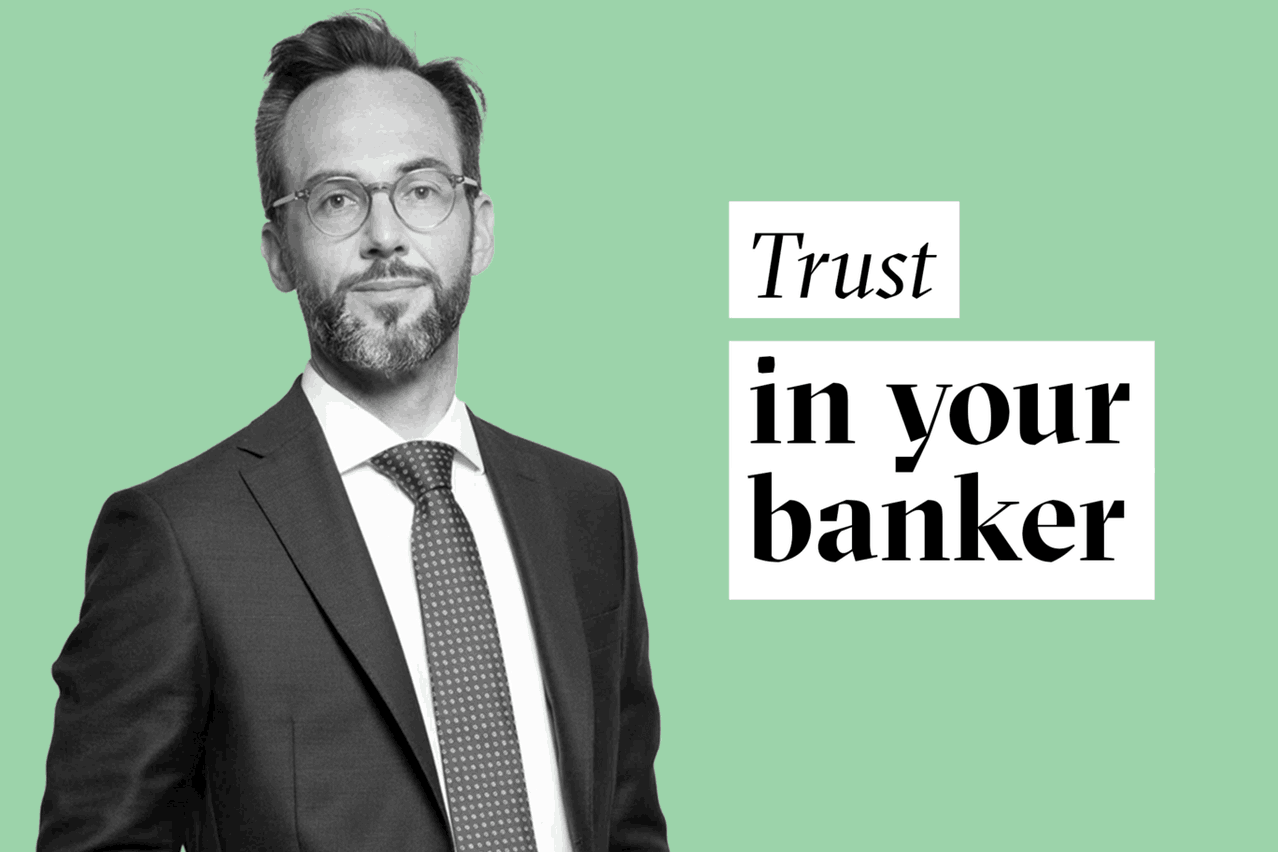Discretionary management refers to a situation in which a client wishes to relieve themselves of the day-to-day management of their portfolio to devote themselves to other concerns by giving the bank a mandate where it acts on the client's behalf according to a risk profile, an investment strategy and terms defined in advance.
Within the framework of this type of mandate one criterion appears to be indispensable - communication between the client and their manager. “When we meet a client, we take time to listen to them and understand them. We have to be sure that we are on the same wavelength. We also communicate frequently to ensure that our vision is accepted by the client and that a relationship of trust is maintained over time by explaining any decisions,” explains Jean-François Genicot, Head of Investments Management at Degroof Petercam.
Benefit from improved expertise over time.
Entrusting this type of management to a banker has several advantages for an investor. “The investor delegates their concerns and portfolio monitoring, and thanks to discretionary management, can rely on our expertise and access up-to-date information. In March 2020, as with every major event, we had clients who wanted to sell everything even though we wanted to take advantage of the downturn to buy cheaply and ensure we were well positioned for a future rebound. These clients could no longer stand the market tension, but after we talked to each of them, some changed their minds.”
Trusting your manager is also beneficial for the quality of the returns with the bank best placed to deliver good performance over the long term. “Some clients have a discretionary portfolio and a second one where they usually take a series of riskier bets with a high degree of consolidation. While they may perform better over a year, they usually get trapped over the medium term because of this poor diversification.”
Working with a network of experts.
The history of the bank and the strength of the Degroof Petercam group's entities mean clients benefit from long-term support. “The manager does not act alone in giving advice. In the case of discretionary management, we have an investment committee that meets weekly to take decisions in a collaborative manner.” The bank relies on a series of in-house experts in Luxembourg, but also on the group’s resources. This approach allows it to harmonise its services across the whole group and to bring in Luxembourg-specific assets to offer the client a made-to-measure solution.
Jean-François' client Léa benefitted directly from this solution. “As a young mother and architect, Léa inherited a large sum of money and decided to trust us to manage her assets. We identified her needs and offered her our discretionary management mandate.” It is not uncommon for asset managers to support clients down through the generations and to implement asset management in line with continuity or with the specific requirements of each generation (e.g. more sustainable investments for the younger generation). “This generational shift means that the relationship of trust is there, but it must be re-established with each generation.”
Find out more
